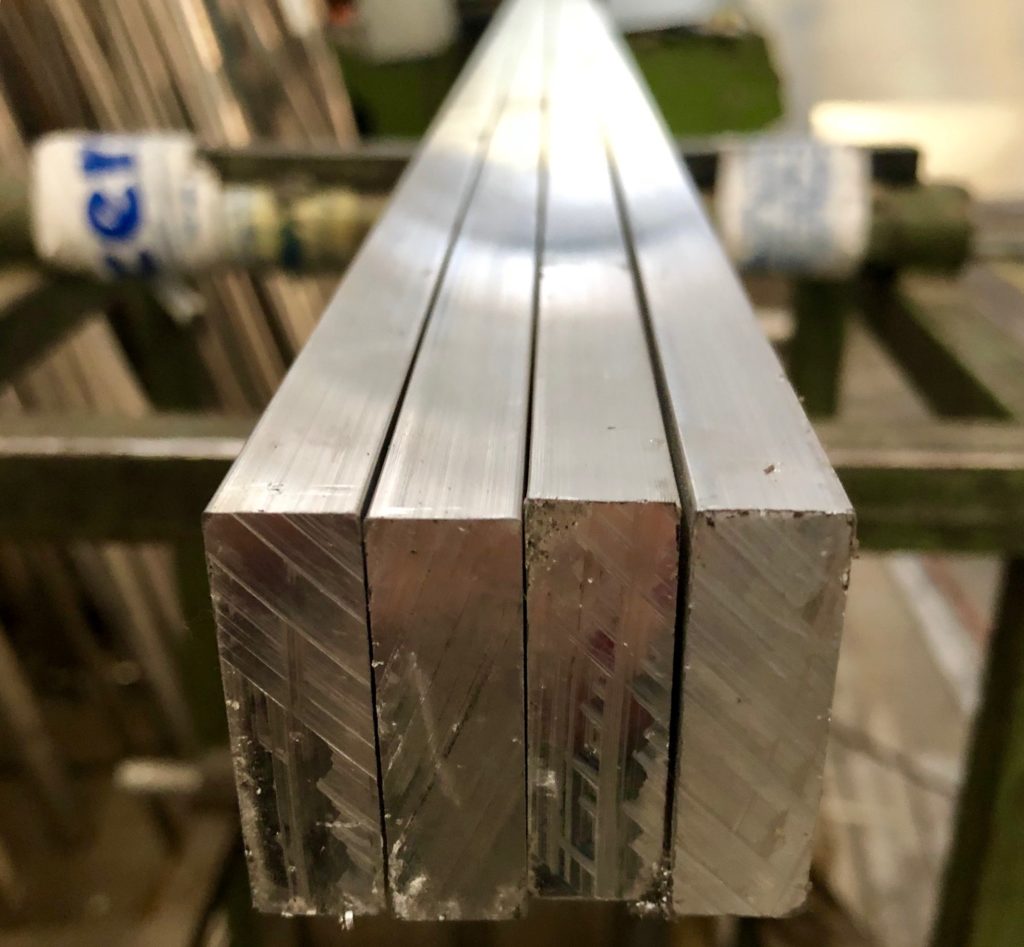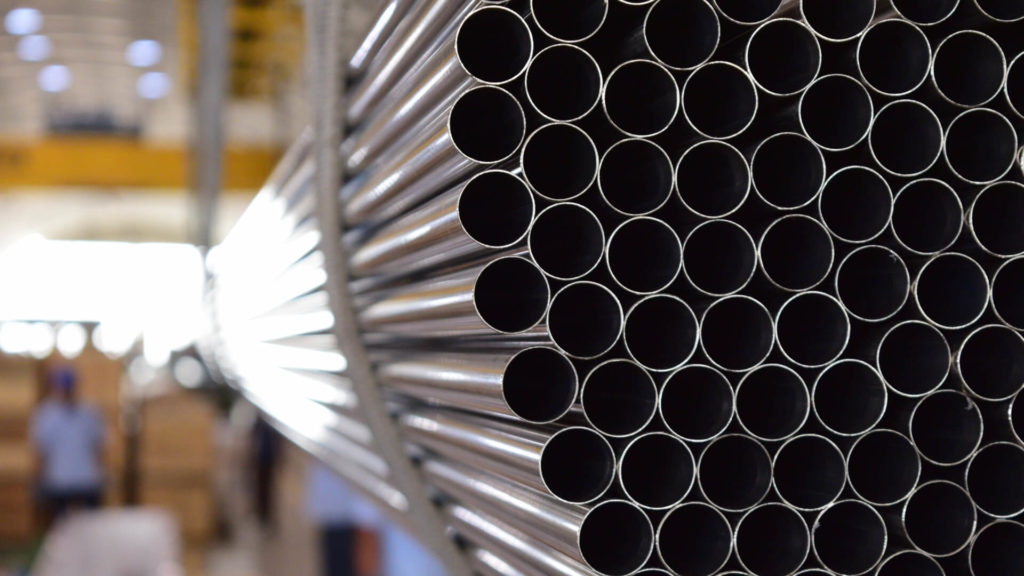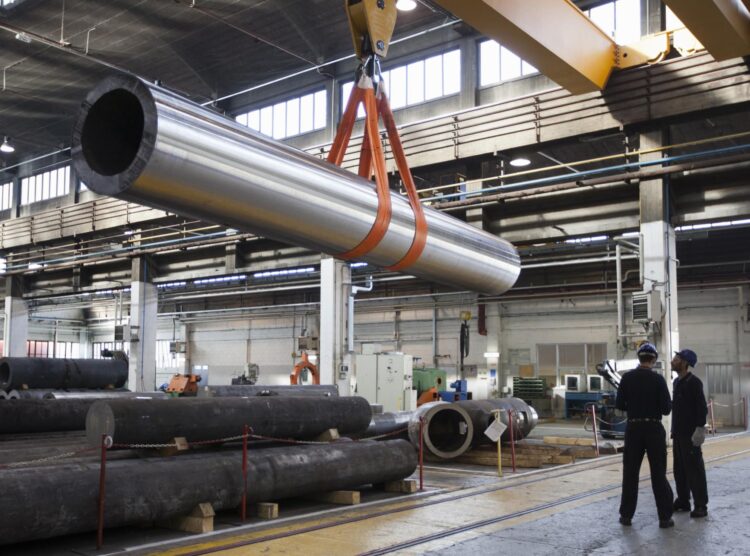Steel is an alloy made out of iron and carbon and it’s used in our everyday life. Steel comes in a lot of different and distinctive grades that have different and unique chemical compositions based on the different amounts of carbon and added alloys.
In this article, we are going to talk about the different types of steel, and we’re going to talk about the special alloys of steel.
Table of Contents
Types of Steel
Carbon Steel
Carbon steel is very vulnerable to corrosion and is full and matte in appearance. This type of steel contains other alloys such as manganese, silicon, and copper, which give carbon steel its properties.
Alloy Steel
This type of steel is a mixture of different materials, all unique in their own way such as aluminum, copper, nickel, tungsten, etc.
Stainless Steel

source: aceral.com
Stainless steel is very common in everyday household appliances because it has anti-corrosion properties. This type of steel contains an alloy called chromium and it also includes nickel and molybdenum. Stainless steel is very strong, very resistant, and can withstand high temperatures. There are more than 100 grades of stainless steel out there, making this type of steel highly versatile.
Grades of Steel
P91 Steel
P91 is a special alloy of steel that is used for high-temperature applications in power plants. P91 steel is a mixture of 9% Chromium and 1% Molybdenum. The next best grade is the P22 which has 2.5% of Chromium compared to the P91. The reason why this type of steel is resistant to high temperatures is because of the resistance of Chromium. Elements such as Nickel and Manganese improve the overall hardenability of ASTM P91. This material is very often used in power plants and if you want to read more about it, you can click here.
P91 is by normalizing at 1050 degrees C and air cooling it down to 200 degrees C. Then it is again heated until 760 degrees C, which overall improves P91 AND THE Chromium-molybdenum steel grade.
Applications of P91
ASTM P91 has many applications in our society. From steam boilers to boiler parts, to boiler drum, pressure vessels, in power plants, etc. P91 can be used for anything as long as the temperatures do not exceed 650 degrees C.
1.4903 Steel
1.4903 Steel is high-temperature steel that can be used in applications and as parts for anything as long as the temperatures don’t exceed 640 degrees C. Much like the P91, 1.4903 is used in power plants as heat resistant steel, as well as, for valve housing.
1.4903 is an improved version of the P91 and F91 due to the fact that 1.4903 has an extra 2% of Tungsten and a slightly increased amount of Chromium. As a drawback, 1.4903 has reduced amounts of Molybdenum, which is characterized by a creep resistance at temperatures of up to 600 degrees C and higher. The highest ever recorded temperature for 1.4903 is 650 degrees C.

source: ratnamani.com
General Properties
1.4903 has an RM tensile strength of about 850 MPa, the yield point of about 450 MPa, elongation of about 20%, Modulus of elasticity of 218 GPa, the thermal conductivity of 14 W *m-1 *K-1, and linear expansion coefficient of 10,9 * 10-6 k-1.

